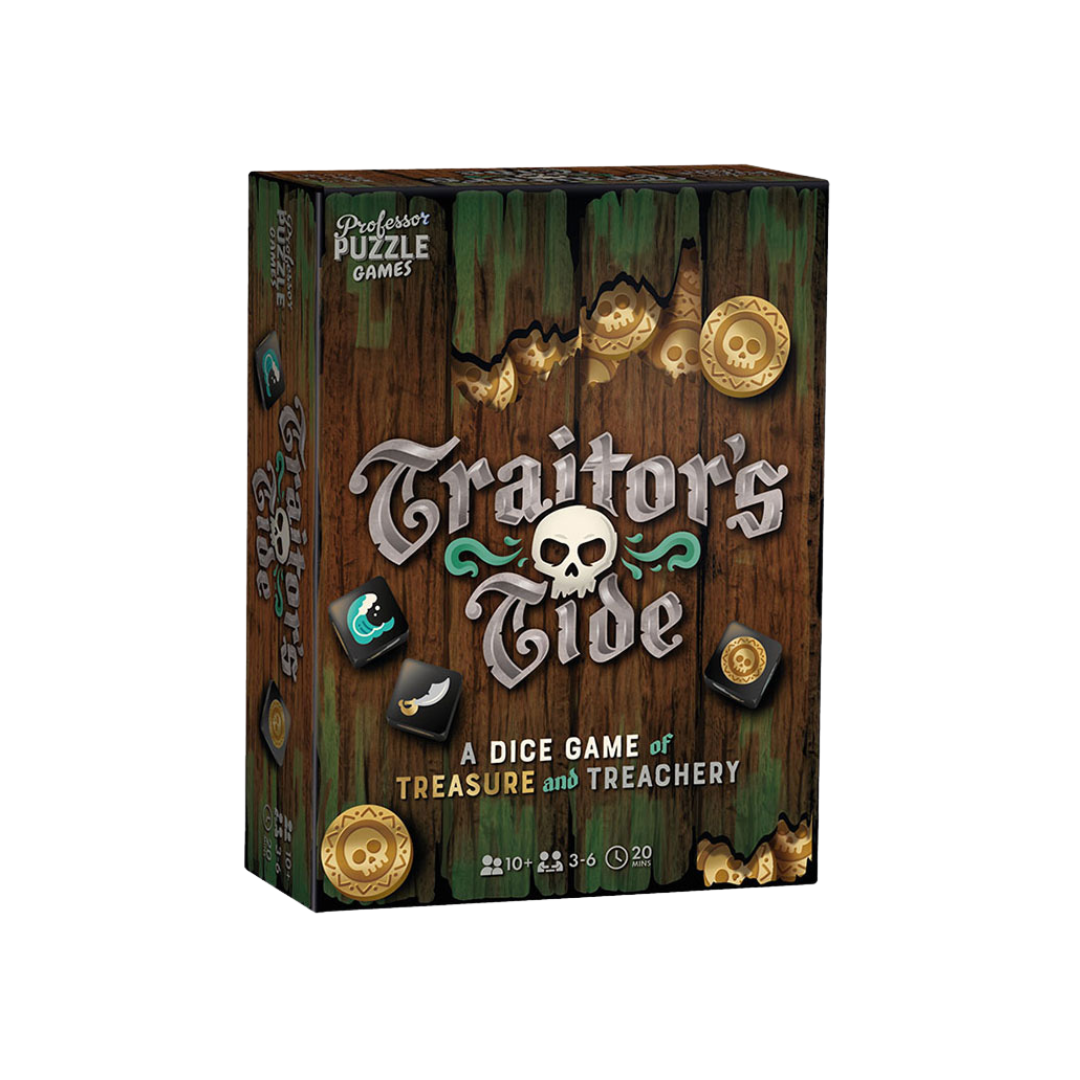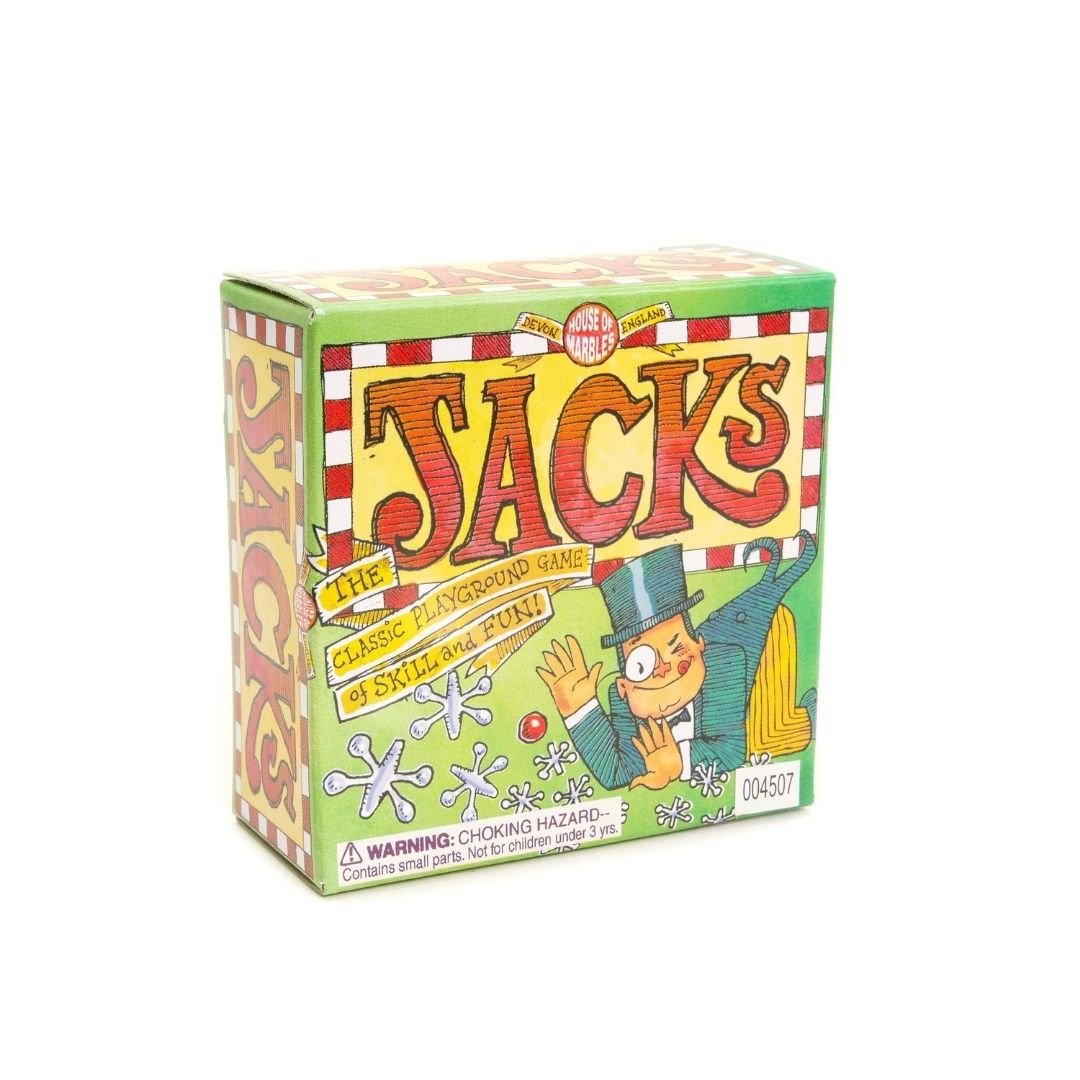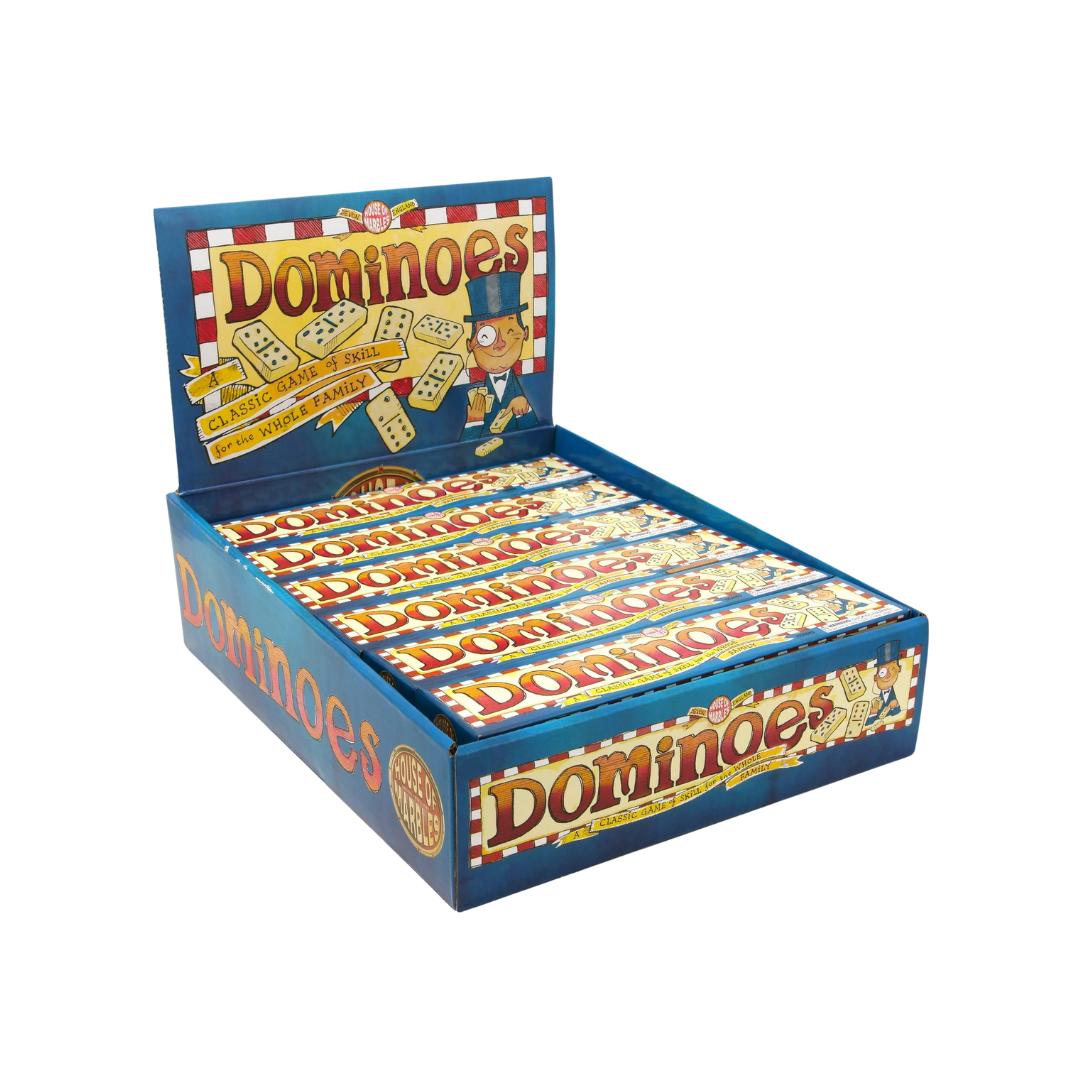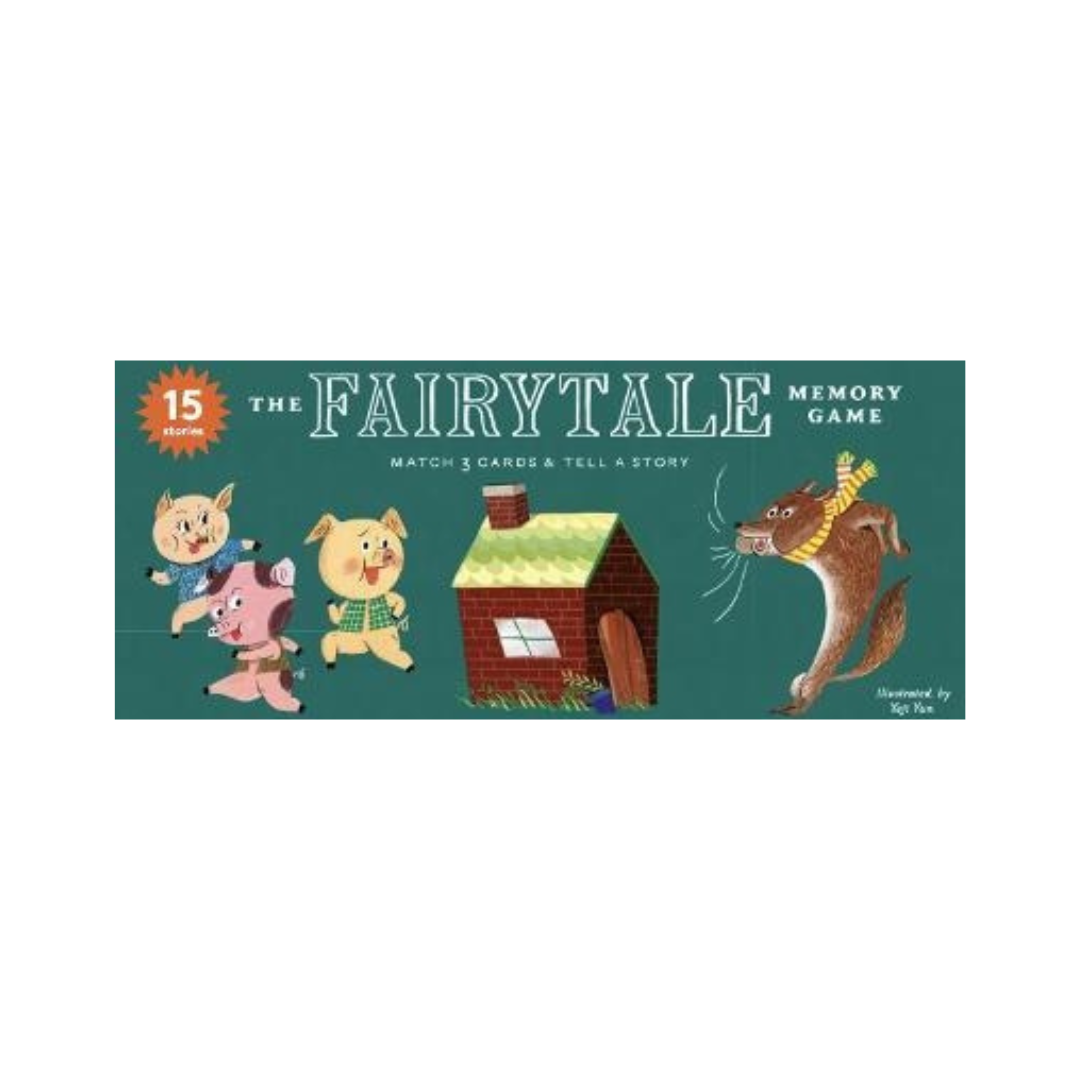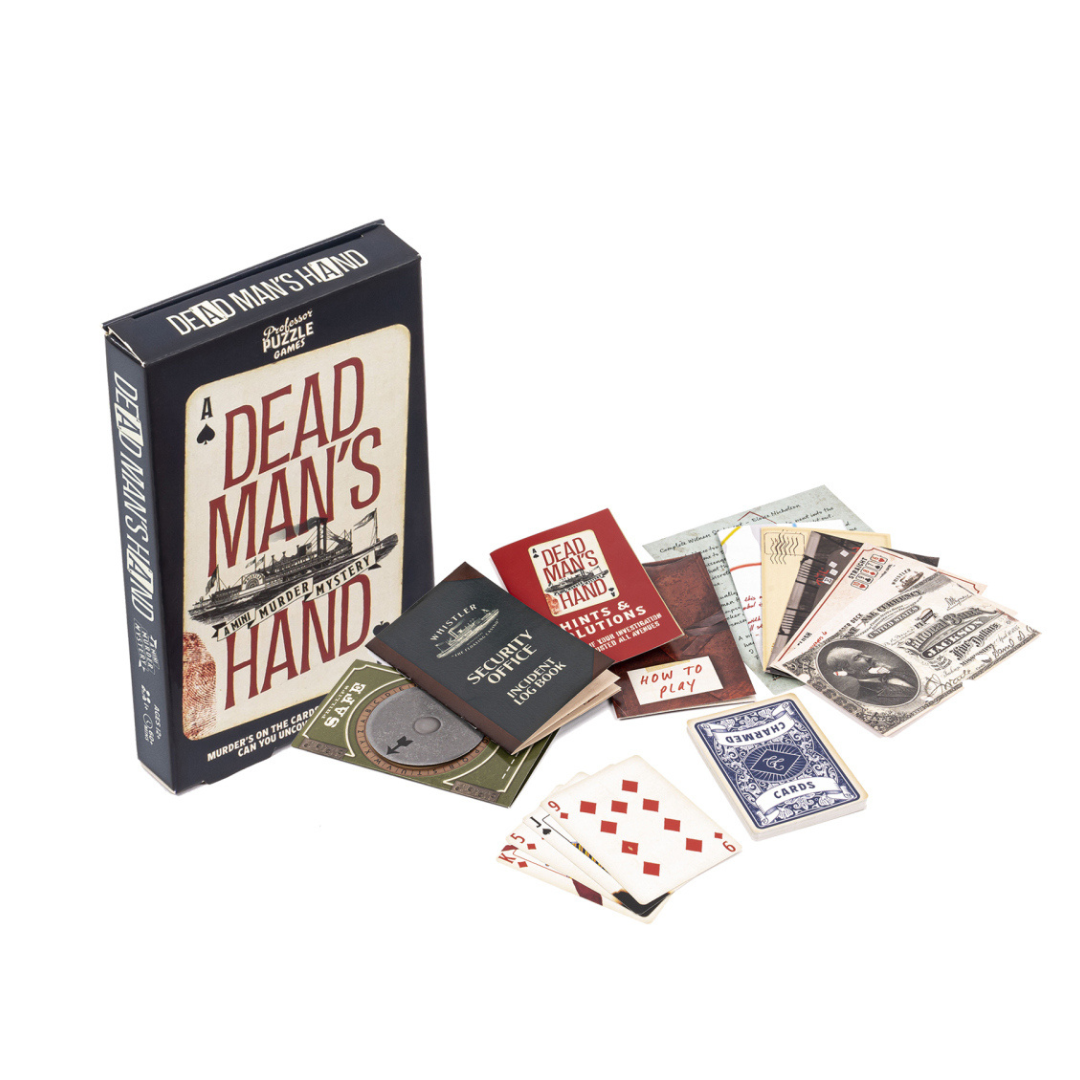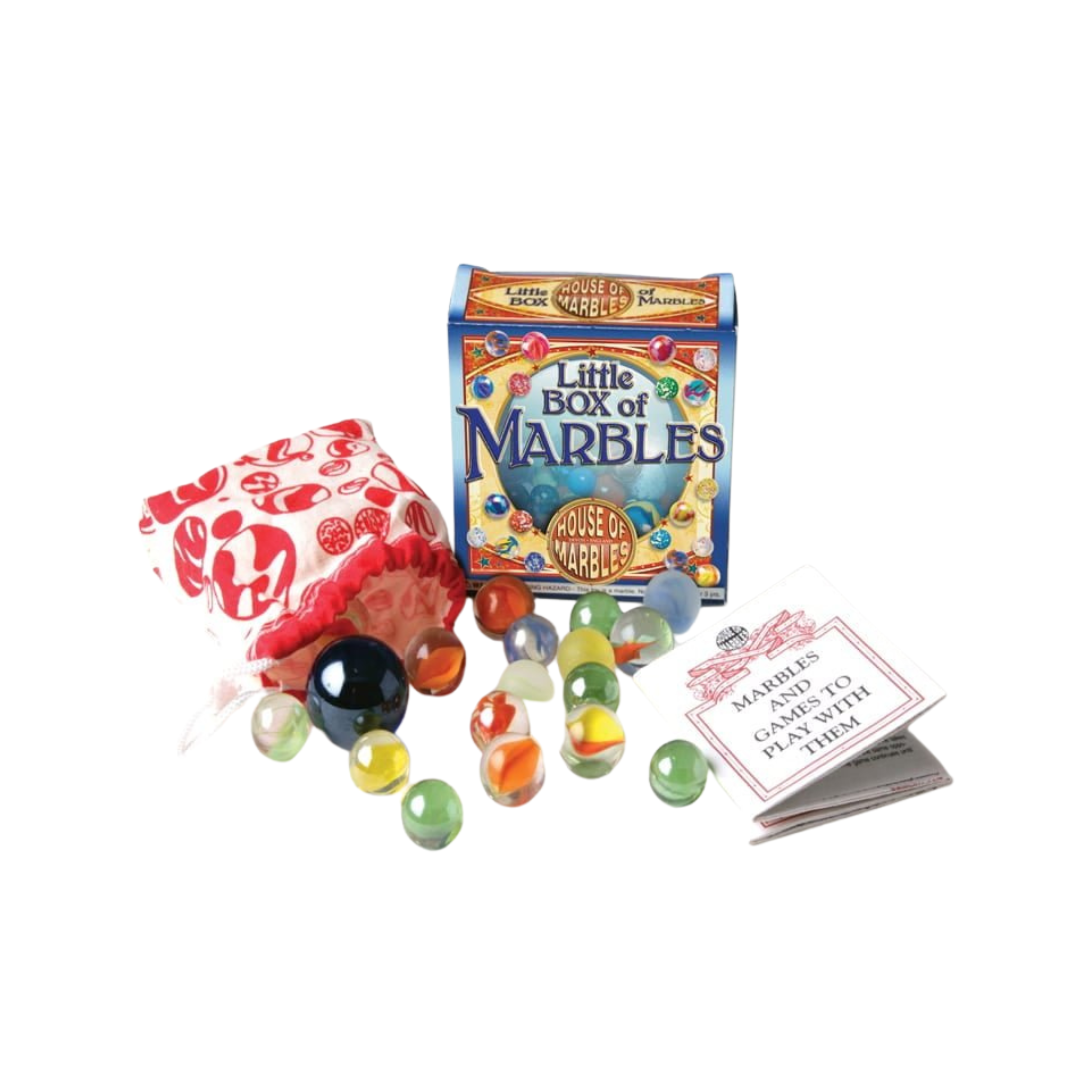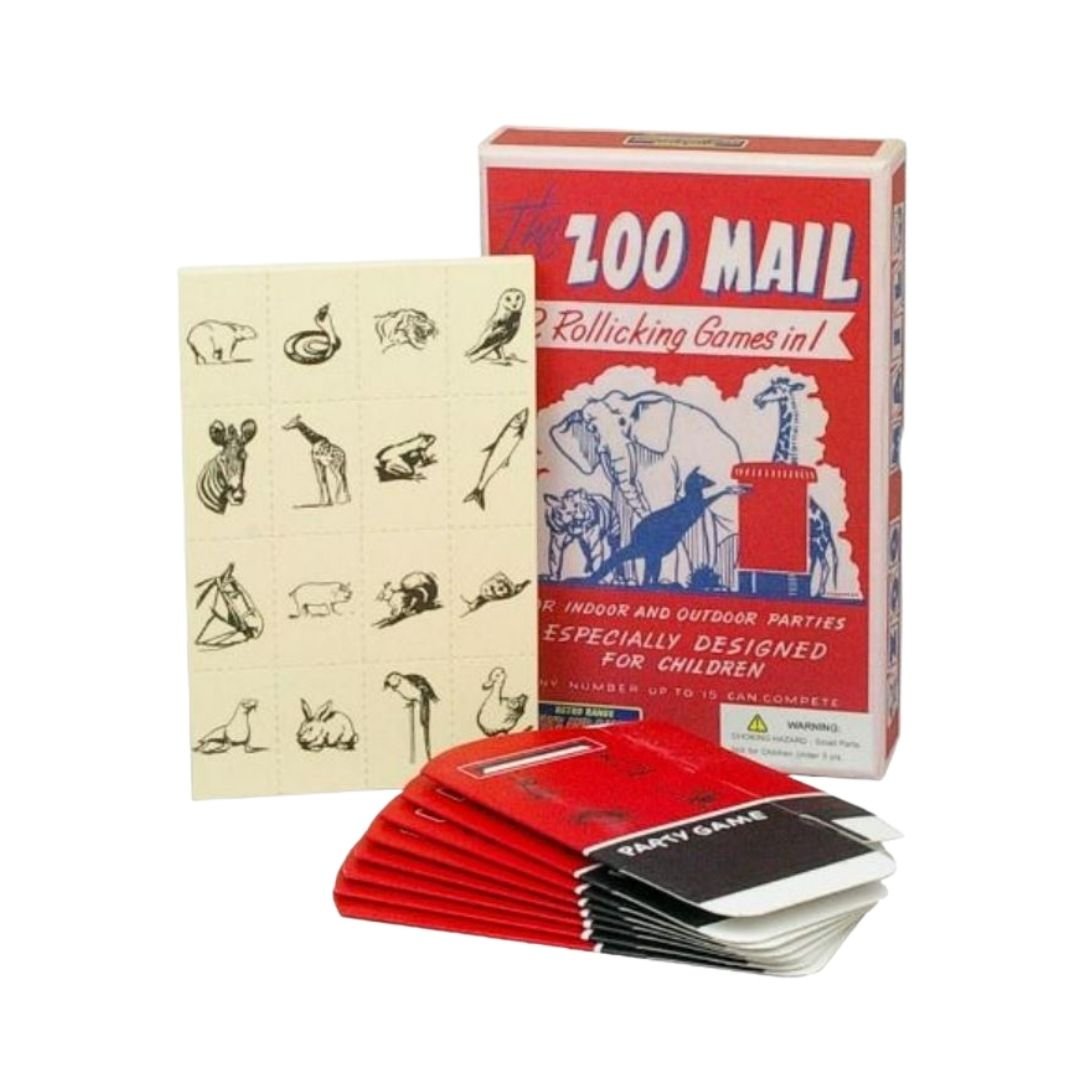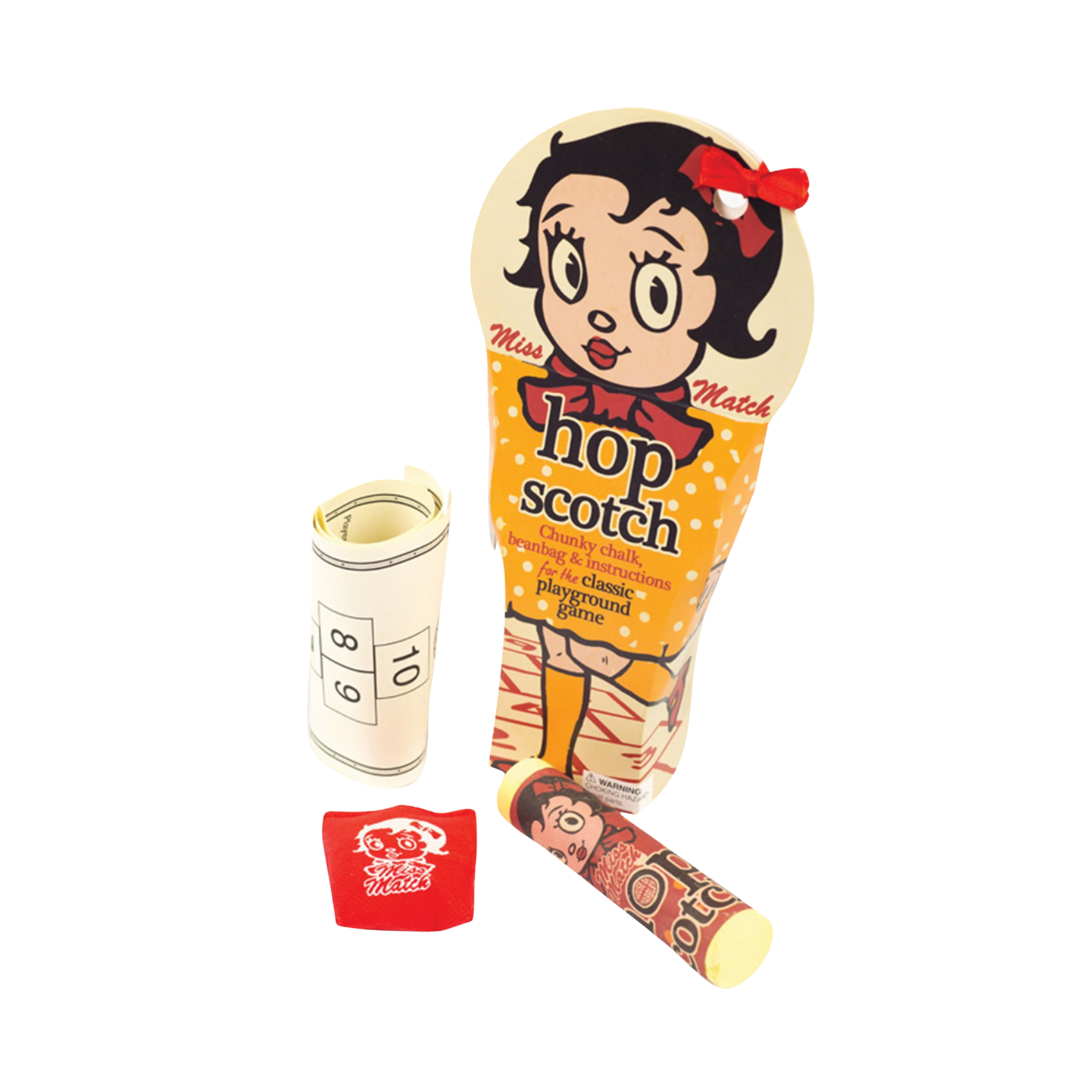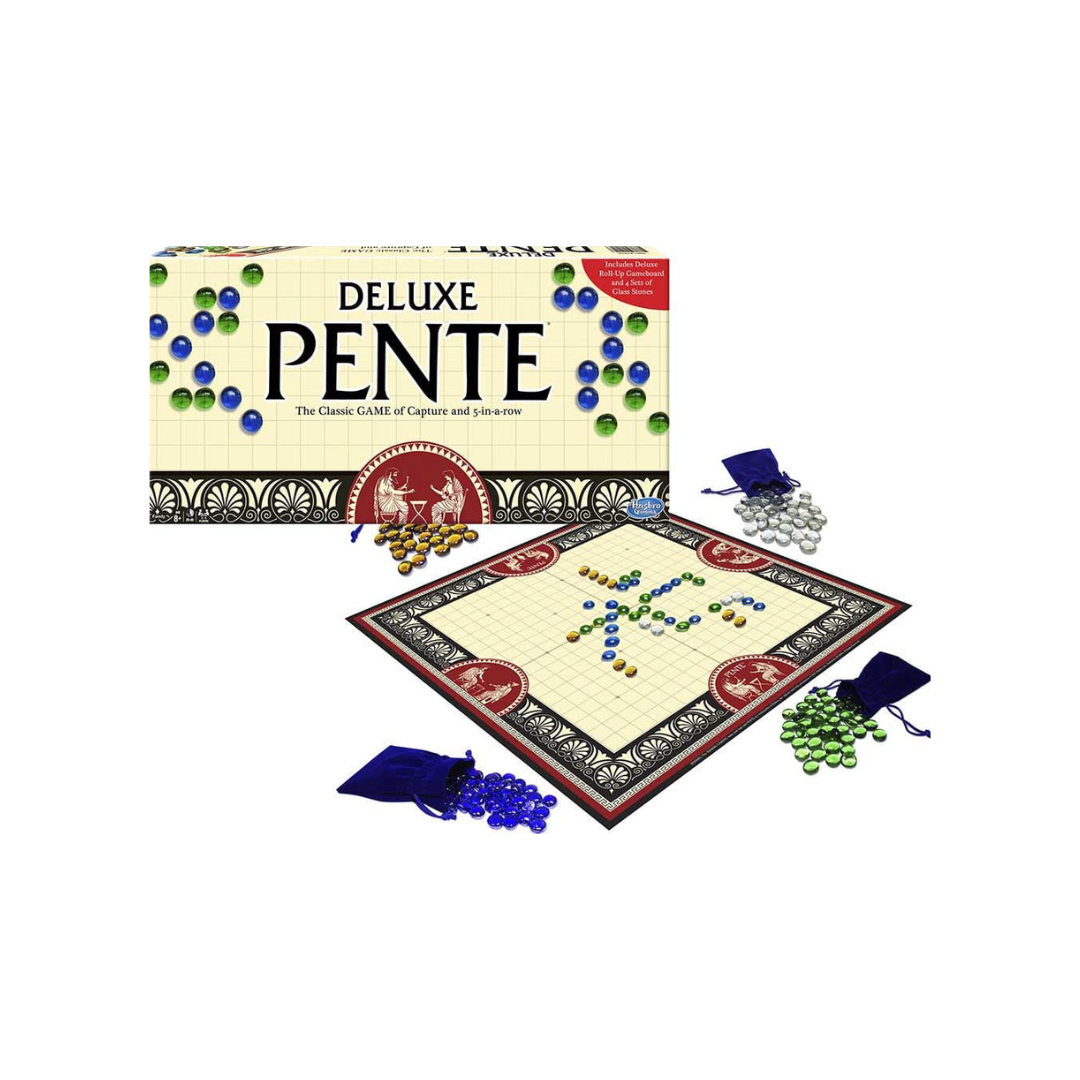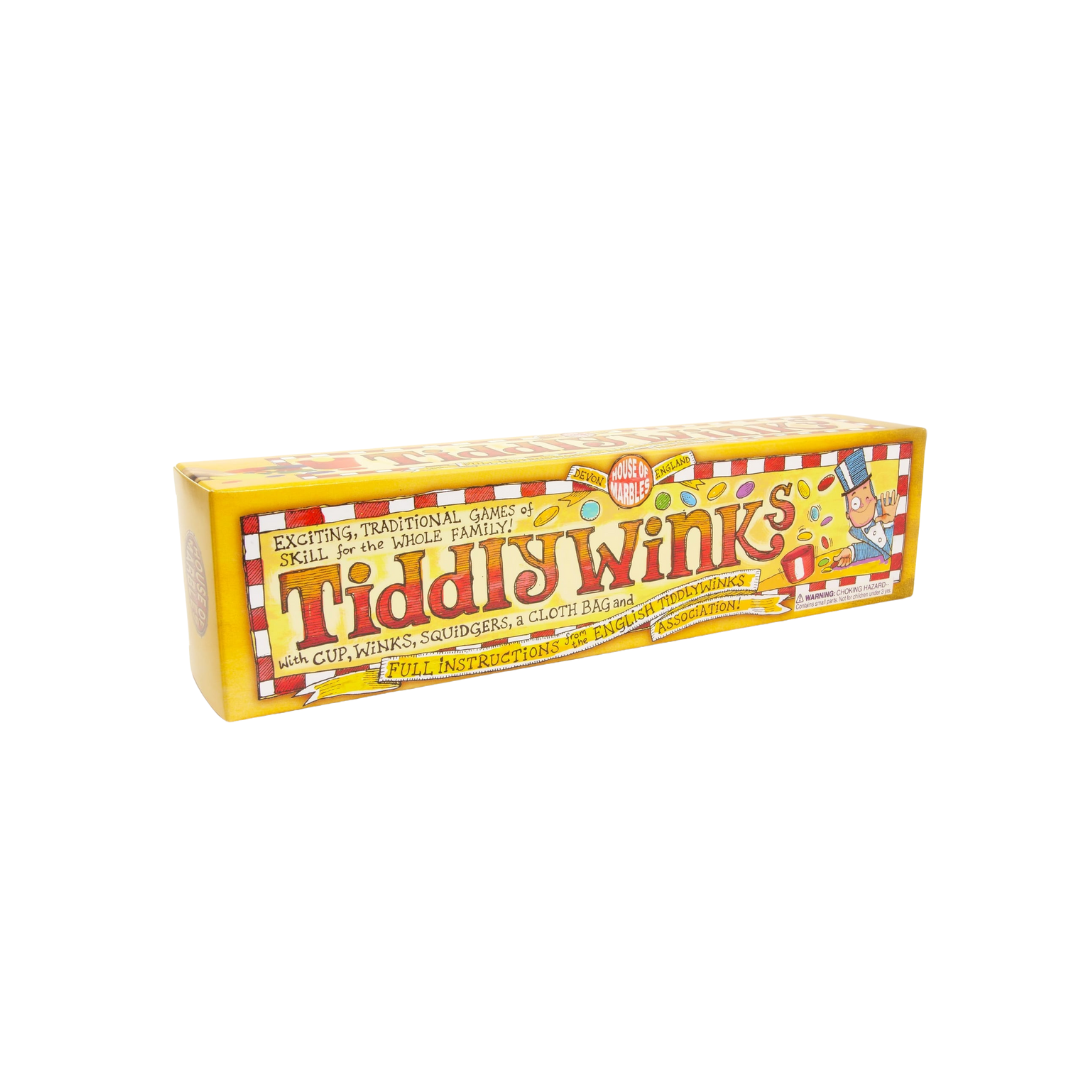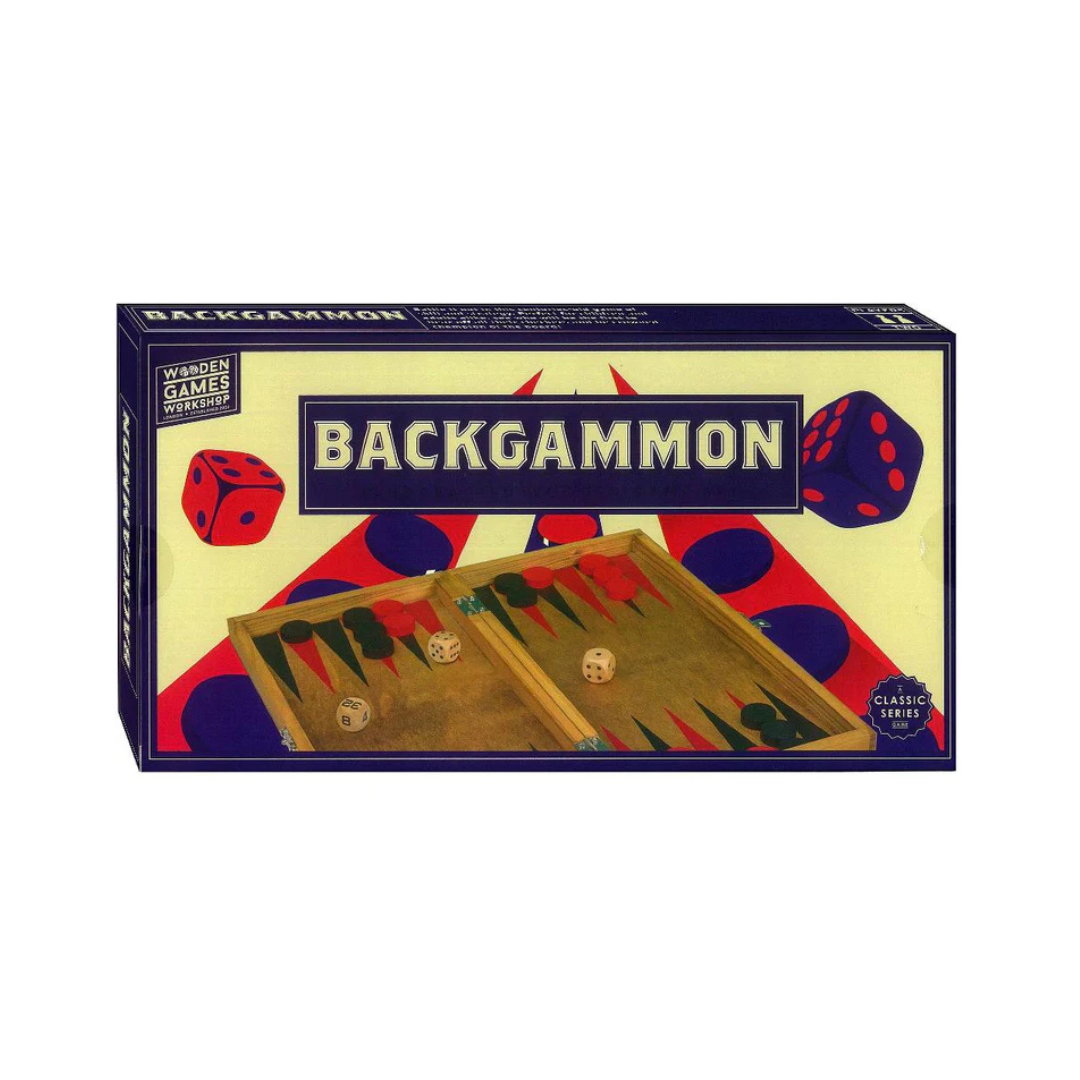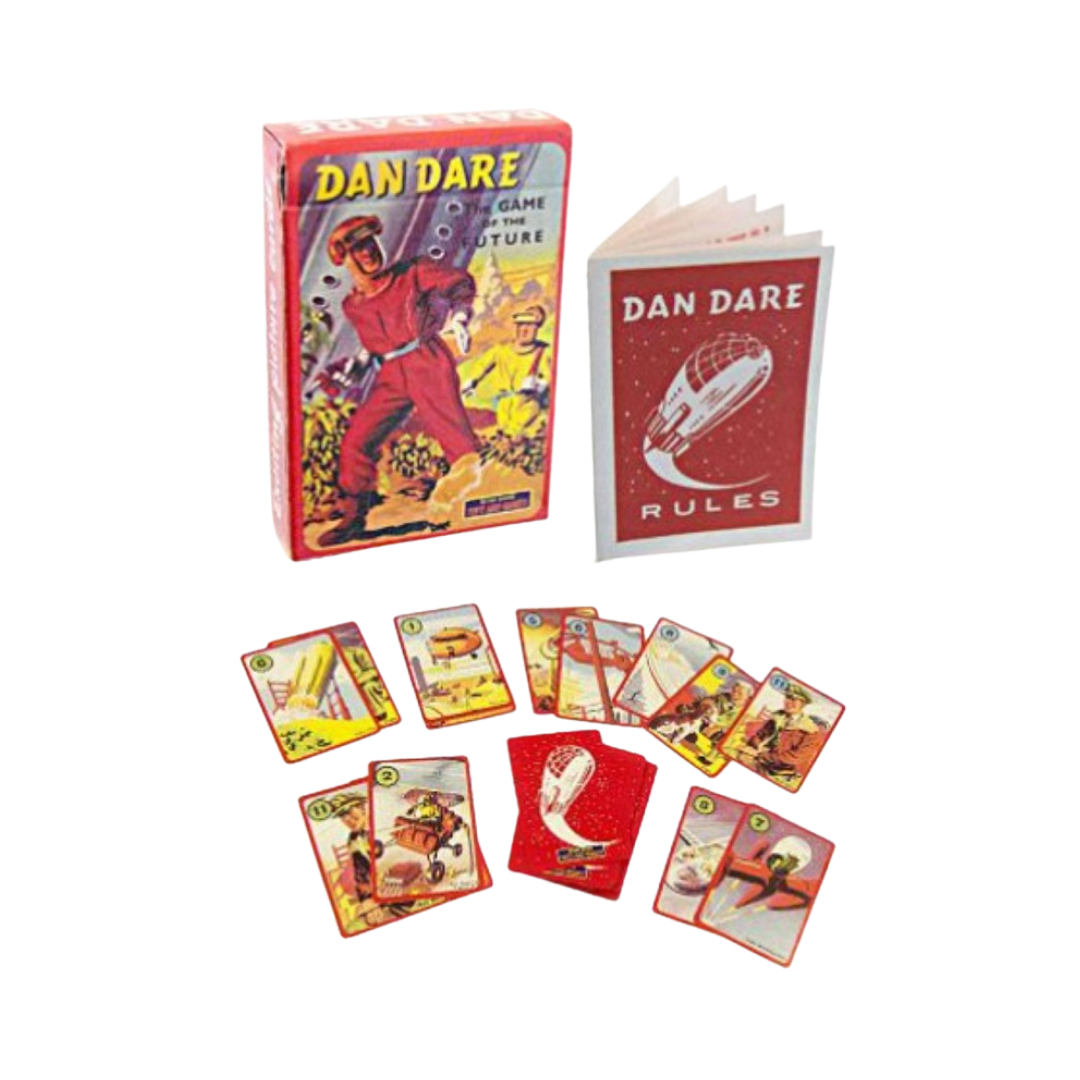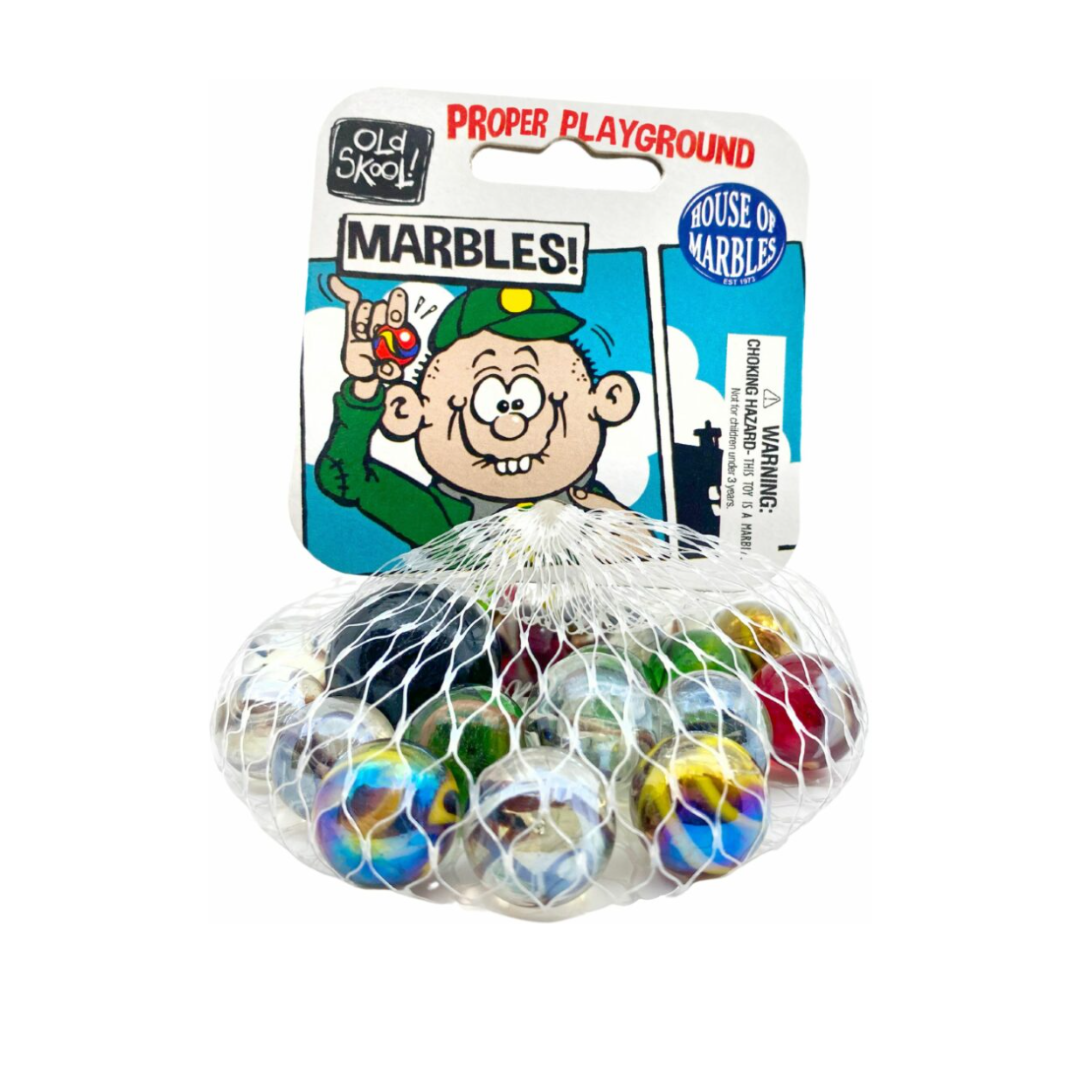Traditional Games Through Time
There are many vintage games that have disappeared throughout the years, never to be seen again, but there are many that have stood the test of time . We take a look back through the decades and examine some of the popular games of that time that are still around today.
Pre 1920s Vintage Games
The Game of Life was originally created in 1860 by Milton Bradley and was America's first popular vintage parlour game. Originally known as The Chequered Game of Life, the game had a change of name to its more modern and better known name in 1960, 100 years later, when it was recreated by toy designer Reuben Klamer.
Tiddley Winks was first patented in 1888 and was one of the earliest traditional parlour games, distributed exclusively by John Jacques and Son. It became one of the most popular crazes of the 1890s, enjoyed equally by adults and children.
Ludo has been around in raw form since the 6th century, with its origins in India with evidence that it was played by the Mughal Emperors. The game then finally made it over to England in the late 19th century, and was finally patented under the name Ludo in 1896.
1920s Vintage Games
The "roaring twenties" brought with it a wave of fun & frivolity, which led to a boom in the game industry. Some of the most longstanding games were born during this era.
American Mahjong became a craze during the 1920s, and was commonly known as Mah Jongg or Maahj, a variation of the Chinese ancient version. The game sets were imported in huge numbers in 1923 from Shanghai to America, when a representative of the Standard Oil Company published simple rules for the game.
Chinese Checkers was actually invented in Germany in 1892 under the name of "Stern-Halma". The name then morphed in America to "Hop Ching Checkers", before finally adopting its common name of Chinese Checkers in 1928.
The classic board game Sorry was originally manufactured by British Card Manufacturers in England and was first registered as a trade mark in 1929. An English patent was then granted in 1933, before the popular parlour game was trademarked to Waddingtons, who sold it to Parker Brothers in 1934.
1930s Vintage Games
The depression era of the 1930s saw a wave of inexpensive and highly popular vintage board games.
Monopoly was the most played commercial game in the world at one point according to the Guinness Book of Word Records. The depression ironically led to the rise in massive popularity of this vintage game in 1935, as it allowed people to buy property and make millions, in a time where money in real life was sparse. The game was originally proposed to Parker Brothers in 1934 by an unemployed salesman named Charles Darrow. The idea was initially rejected. It turns out that Monopoly is actually pirated from a board game called The Landlord's Game which was patented in 1904.
Battleship was first published under the name "Salvo" in 1931, as a pad and pencil game, but despite its popularity wasn't actually turned into a board game until 1967. It was then one of the earliest games to be produced as a computer game in 1979, with a version released for the Z80 Compucolor.
1940s Vintage Games
Cluedo (also known as Clue) was probably the best known game of the 1940s. Bizarrely it was originally designed by a fire warden whilst he was walking the beat during the Nazi bombings in England. Waddington Games bought the idea in 1943 but had to hold off on production as the game included playing pieces made of metal which were being rationed during the war.
Chutes & Ladders (also known as Snakes & Ladders in the UK) is actually a re-incarnation of an Indian game Vaikuntapaali which translates as "the ladder to salvation". The snakes were meant to illustrate temptations in life, and show that the pathway was littered with numerous temptations that one must avoid in order to succeed in life. Chutes & Ladders was published in 1943 by Milton Bradley and has become one of the best loved children's games of all time.
Scrabble took a few decades to become the popular game that it is today and is now the most popular word game in history. The vintage game was first published under the name "Lexiko", then "Criss Cross Words", before being renamed Scrabble in 1948. The game was originally made by hand in an abandoned schoolhouse, before the President of Macy's discovered the game whilst he was on holiday and ordered some for the store. The rest is history.
1950s Vintage Games
Risk, one of the most popular world domination games of all time was invented by a French film Director in 1957, under the name "La Conquete du Monde", (The Conquest of the World). It was then bought by Parker Brothers and re-released in 1959 as Risk: The Game of Global Domination.

